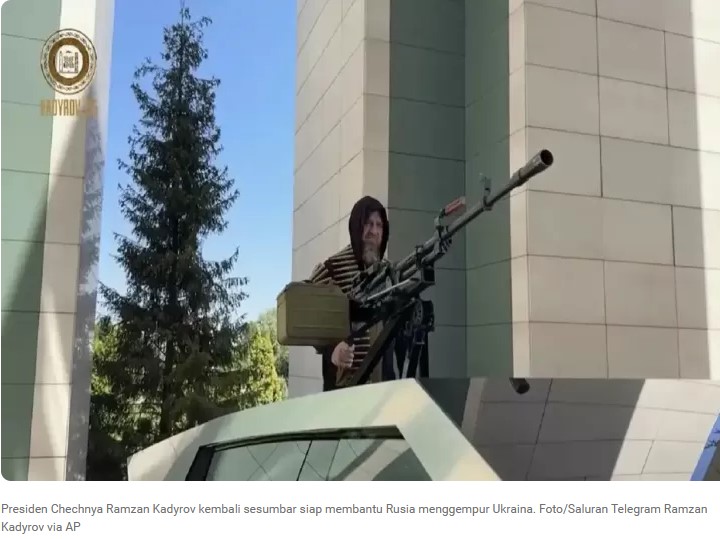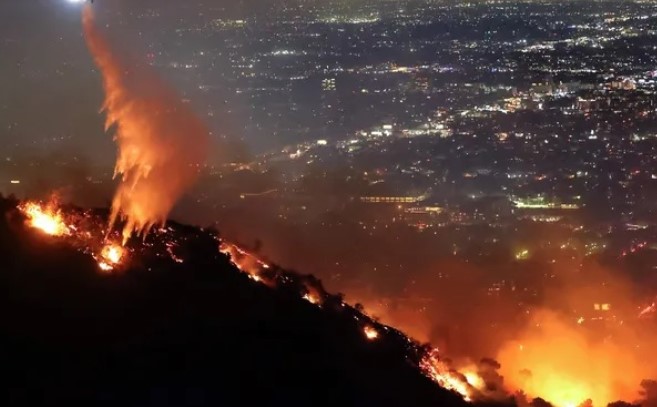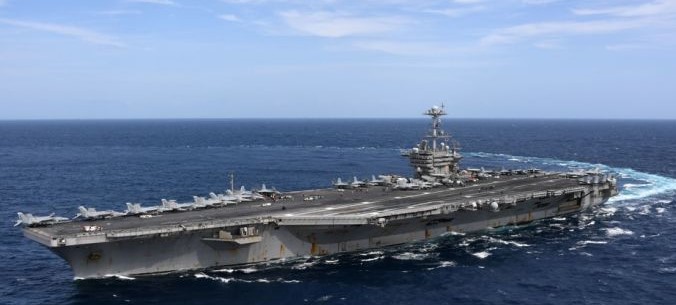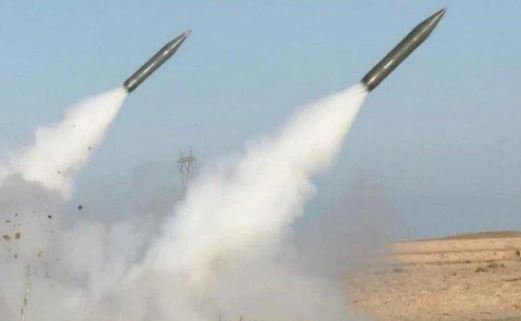
Ramzan Kadyrov-Presiden Chechnya
STRATEGIC ASSESSMENT. Chechen special service units deployed to Russia’s border region of Kursk to repel the Ukrainian incursion are coming under strong criticism from pro-war military bloggers who accuse Ramzan Kadyrov’s men of insubordination, desertion and collaboration with the Ukrainian army. Kyiv’s daring assault entered its second week with Ukraine claiming control of approximately 1,000 square kilometers of Russian territory.
Meanwhile, Chechnya’s leader Kadyrov and Major General Apti Alaudinov, the commander of the Akhmat special forces (known as the Kadyrovtsy), boasted of their fighters’ impressive achievements in Kursk.
Kadyrov and Alaudinov said that Akhmat fighters destroyed a Ukrainian military column that was destined to deliver fresh ammunition for units stationed in the Kursk region.
“Our soldiers captured weapons and various NATO-used equipment. I have no doubts about the combat capabilities and effectiveness of our military units,” the Chechen strongman wrote on Telegram.
Yet the attempted PR spin steered by Kadyrov might be too little, too late, as a spate of pro-war bloggers have already accused Akhmat units of enabling the incursion by deserting their positions in border areas as soon as they spotted the enemy.
“At least 15 Akhmat unit fighters were injured in Korenovo district alone…All of them ‘dispersed’ [ran away] during the first strikes [by Ukraine] and the Ukrainian Armed Forces [then] advanced deeper into the district,” VCHK-OGPU, a Telegram channel linked to the Russian intelligence services, said on the first day of the attack.
Russian pro-war military blogger Yuriy Kotenok said that Russian conscripts bore the initial brunt of the cross-border attack, while Kadyrov’s “TikTok battalions didn’t make it to Ukrainian captivity because they stood aside.”
Some military commentators didn’t shy away from Islamophobic remarks, wondering whether members of Kadyrov’s forces left the battlefield to “mix concrete to build a new Mosque in Moscow.”
According to information published by the Ukrainian Defense Ministry on Sunday, several members of Kadyrov’s forces were taken into captivity following the offensive — contradicting claims made by some pro-war bloggers.
“These Kadyrovites were captured far away from the border. They said they were trying to run away to avoid being captured because Ramzan Kadyrov once said that Akhmat fighters never surrender,” I Want to Live, a Ukrainian project that assists Russian deserters, wrote of a video depicting Russian POWs allegedly captured in Kursk. Some of the men in the video claimed to be natives of Chechnya’s capital Grozny.
Alaudinov, however, labeled the video a fake, reiterating that “not a single” Chechen fighter surrendered to the enemy in Kursk.
Chechen human rights lawyer and activist Abubakar Yangulbaev said he believes that the sharp criticism of Kadyrov’s forces by Russia’s pro-war bloggers is “objectively correct in this situation.”
“Kadyrovites boast a lot about how strong they are, how effective they are, and how they can supposedly control almost every square meter of the territory entrusted to them. Here it turned out that a whole battalion — or at least some units of the Ukrainian army — passed the border without encountering any resistance,” Yangulbaev told The Moscow Times.
North Caucasus analyst Harold Chambers echoed Yangulbaev’s position.
“Akhmat spetsnaz [special forces] and its Aida Group have, of course, always been contentious due to their lack of engagement in multiple earlier battles,” Chambers told The Moscow Times.
“Videos from the current operation suggest that they have both faked and truly been engaged in fighting, although claims of capturing armored vehicles from ambushes are difficult to verify,” he added.
A pro-war blogger writing under the pseudonym Alex Parker went as far as to accuse Kadyrov’s people of striking “a mutual non-aggression pact” with the Ukrainian military.
“Akhmat [commanders] knew perfectly well when and where the [Ukrainians] would attack and let them pass,” said Parker, claiming that the pact was negotiated by Khusein Dzhambetov, a Chechen soldier who fought on Kyiv’s side at the start of Russia’s invasion but defected back to Kadyrov’s side last year.
Yangulbaev told The Moscow Times that he “doesn’t believe these claims.”
“I think these claims help [pro-war figures] with creating this picture that the Ukrainian army can’t beat Russia without engaging in corruption…They can’t just admit that this was a brilliant work of the Ukrainian army,” he explained.
Both Yangulabev and Chambers believe that public accusations made against Kadyrov and his cronies — no matter their scale — will do little damage to the Chechnya leader’s good standing with the Kremlin.
“Kadyrov is well-practiced at spinning a contention to his advantage, so he is unlikely to be subjected to blowback,” said Chambers. “Alaudinov would be most likely to face problems due to this digital sparring, as a divide could emerge between his Kadyrovite and ex-Wagner fighters.”





